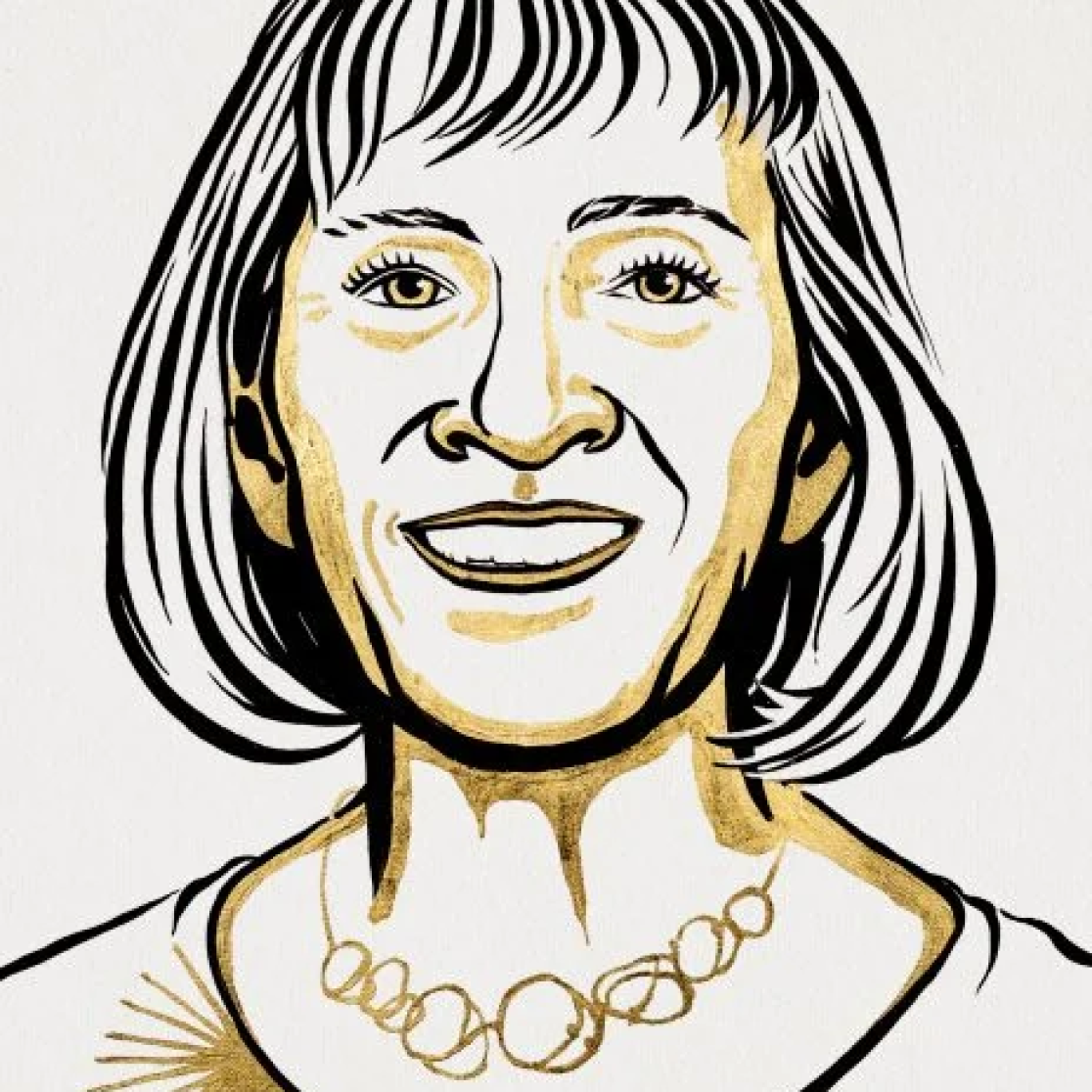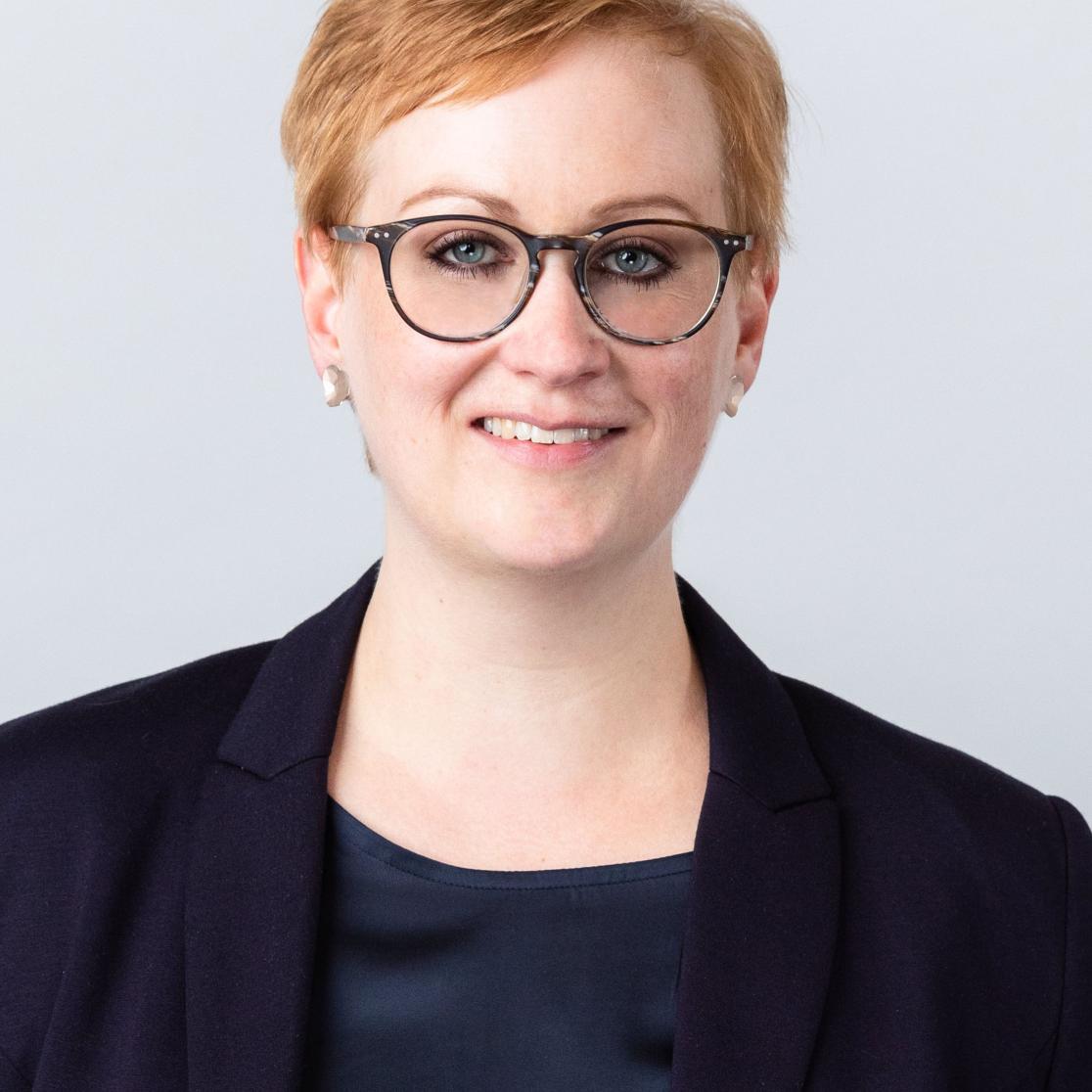Gender Gap in the Job Market | Academics React to Nobel Prize in Economics 2023
On 9 October 2023, The Royal Swedish Academy of Sciences awarded the 2023 Nobel Prize in Economic Sciences to Claudia Goldin for advancing our understanding of women’s labour market outcomes and the gender gap.
"Women are vastly underrepresented in the global labour market and, when they work, they earn less than men. Claudia Goldin has trawled the archives and collected over 200 years of data from the US, allowing her to demonstrate how and why gender differences in earnings and employment rates have changed over time." - Press release. NobelPrize.org
In this article, academics from Maastricht University School of Business and Economics share their thoughts on Claudia Goldin's Nobel Prize win and her influence on labour economics.

"Her findings are vital for our understanding of the past and present situation for women in the labour market."
- Annemarie Künn-Nelen
I am very happy that this year’s Nobel Prize in Economic Sciences was awarded to Claudia Goldin. As a labour economist myself, a female one even, it is great to see that her excellent empirical research on the gender pay gap is rewarded with this special prize. Claudia has been analysing women’s labour market outcomes for decades and has taken many different angles to get to her findings.
Claudia explains women’s participation in paid work and their wages by-laws and legislation, discrimination, parenthood as well as expectations about future benefits of education. She covers it all. I hope that policymakers will become more aware of the consequences that all types of rules and regulations might have in shaping future differences in labour market opportunities between men and women.
This year’s Nobel Prize in economic sciences, with the deserved winner Claudia Goldin, should also raise awareness for the power of empirical economic research in explaining and developing future policies in general.

"The award for Claudia Goldin is a wake-up call for more equal opportunities."
- Marie-Christine Fregin
Claudia Goldin – only the third female economist to receive this prize, after Elinor Ostrom and Esther Duflo – provided the first comprehensive understanding of women´s labour market participation and earnings.
Her historical perspective allows her to reveal the causes of changes, as well as the main sources of the gender gap, which persists to this day, in both households and labour market structures. She advanced our understanding with new insights into the historical and contemporary role of women.
Her research has vast societal implications. Therefore, the prize for Claudia Goldin is an important signal to the world and our field of economics: Keep gender equality high on the agenda – meaning both, the research agenda, and the policy agenda.
Her research is widely received in our field of labour economics. But against the background of persistent inequalities, one would wish to have this topic even more prevalent in economics teaching and research. The award for Claudia Goldin is a wake-up call for more equal opportunities. May her findings find their way into textbooks and economics courses even more than before - and may her research guide our actions and motivate us to stand against discrimination.

"Claudia Goldin’s work also underscores the vital role economists play in shaping societies"
- Nico Pestel
In the field, she is widely regarded as a deserving recipient of the Nobel Prize for this reason. Goldin's recognition comes not only from a single groundbreaking discovery but from a vast body of work that spans decades.
What I find particularly impressive is that she provides a historical perspective using economic historical and empirical methods, relying on self-collected data covering over two centuries, often drawn from previously untapped archives.
Further, Goldin's research offers a comprehensive economic framework explaining women's decisions regarding education, occupation, marriage, and fertility that have consequences for their labour market outcomes.
Her contributions hold profound societal implications, helping our understanding of how societies function and guiding the development of policies to achieve societal goals. Hence, the Nobel Committee's recognition of Claudia Goldin’s work also underscores the vital role economists play in shaping societies. I can imagine that Claudia Goldin, as only the third woman to ever receive the Nobel Prize in Economic Sciences, will serve as an inspiring role model for young female economists.

"Hopefully, her victory will help with achieving higher representation of women in economics"
- Paloma de Melo Assuncao
As an economist also working on issues related to gender gaps, I was very pleased with this year’s winner of the Nobel Prize in economics. It is not only a remarkable achievement for Prof. Goldin as a researcher, but it will also help bring more attention to the studies of gender gaps in general. Such gaps often arise and evolve in very complex settings, and their prevalence is sometimes underrated.
With her research, Prof. Goldin provided a comprehensive view of gender gaps in the labour market, with research on modern gaps and the historical developments that helped shape them. This goes to show that gender gaps are not a simple phenomenon.
In addition to her research contributions, her victory is particularly important for fellow female economists, and women in academia in general. She is only the third woman to receive a Nobel Prize in economics, and the first woman to win it solo. Hopefully, her victory will help with achieving higher representation of women in economics and greater gender equality in treatment, recognition and access to opportunities in the profession.’

Also read
-
Maastricht University recognised among top institutions in CEO Magazine’s 2025 Green MBA Rankings
We are proud to share that Maastricht University School of Business and Economics has been recognised as a top-ranked institution in the CEO Magazine 2025 Green MBA Rankings.

-
Global recognition for SBE’s Executive Education by Financial Times
We are proud to announce that Maastricht University School of Business and Economics (SBE) has secured an impressive global ranking of 84th in the Financial Times Open-Enrolment Executive Education Ranking 2025.

-
SBE Researchers Awarded in NWO SGW Open Competition XS
The School of Business and Economics (SBE) at Maastricht University proudly announces that all three research proposals submitted to the latest NWO SGW Open Competition XS have been awarded funding. This exceptional outcome highlights the high calibre of SBE research and its relevance to societal...
